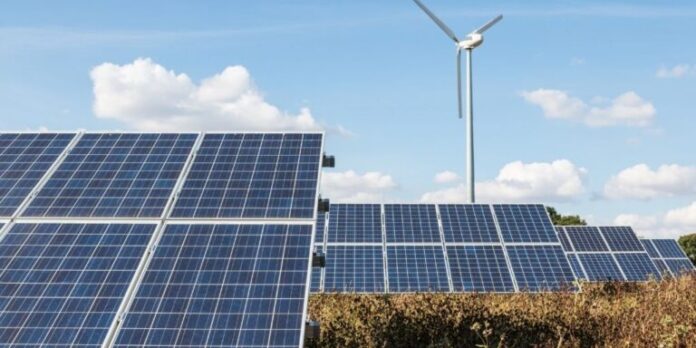Anger at France boiled over on Wednesday as EU countries accused Paris of taking a key piece of EU climate legislation “hostage” at the last minute to extract further concessions in the text, according to Politico.
EU ambassadors were due to sign off on the Renewable Energy Directive on Wednesday, an integral part of the bloc’s flagship Fit for 55 climate package that aims to slash greenhouse gases by 55% by 2030 and ramp up the share of renewables in the EU’s energy mix to 42.5%.
Negotiators reached a provisional deal on the rules in March following tough talks in which France threatened to torpedo the legislation unless it recognized some role for atomic energy. It eventually won a marginal concession.
With rumors swirling that Paris might try to block approval, Sweden — which holds the six-month rotating Council presidency — was forced to strike a discussion on the text from Wednesday’s meeting of ambassadors to avoid a dramatic derailing of the legislation.
“France is crazy,” said a diplomat from one EU country, who requested anonymity to speak candidly about country dynamics, adding that there was “a lot” of anger at Paris “from all sides.”
“We disassociate ourselves from the French mess and wash our hands of it,” they said.
“This is the Renewable Energy Directive, not the Nuclear Energy Directive — it’s the RED not the NED,” a diplomat from a second EU country fumed, and the “RED is being taken hostage.”
Paris’ “push for nuclear is again delaying the transition and deployment of renewable energy,” they added.
Ostensibly, France is asking for its industrial production of ammonia to be partially exempted from meeting green hydrogen targets, according to three diplomats. But that could also be a front for extracting further demands, including on nuclear, they said.
French officials declined to comment.
The holdup is eliciting parallels with Germany’s surprise move earlier this year to block the final approval of the EU’s legislation to ban the sale of new CO2-emitting cars from 2035. After weeks of wrangling, Berlin finally won a partial concession from the European Commission.
“It’s not a pretty picture,” said the second diplomat. “Both of these countries should be leaders in Europe … They are setting a really bad example for the rest to follow on European policies.”


